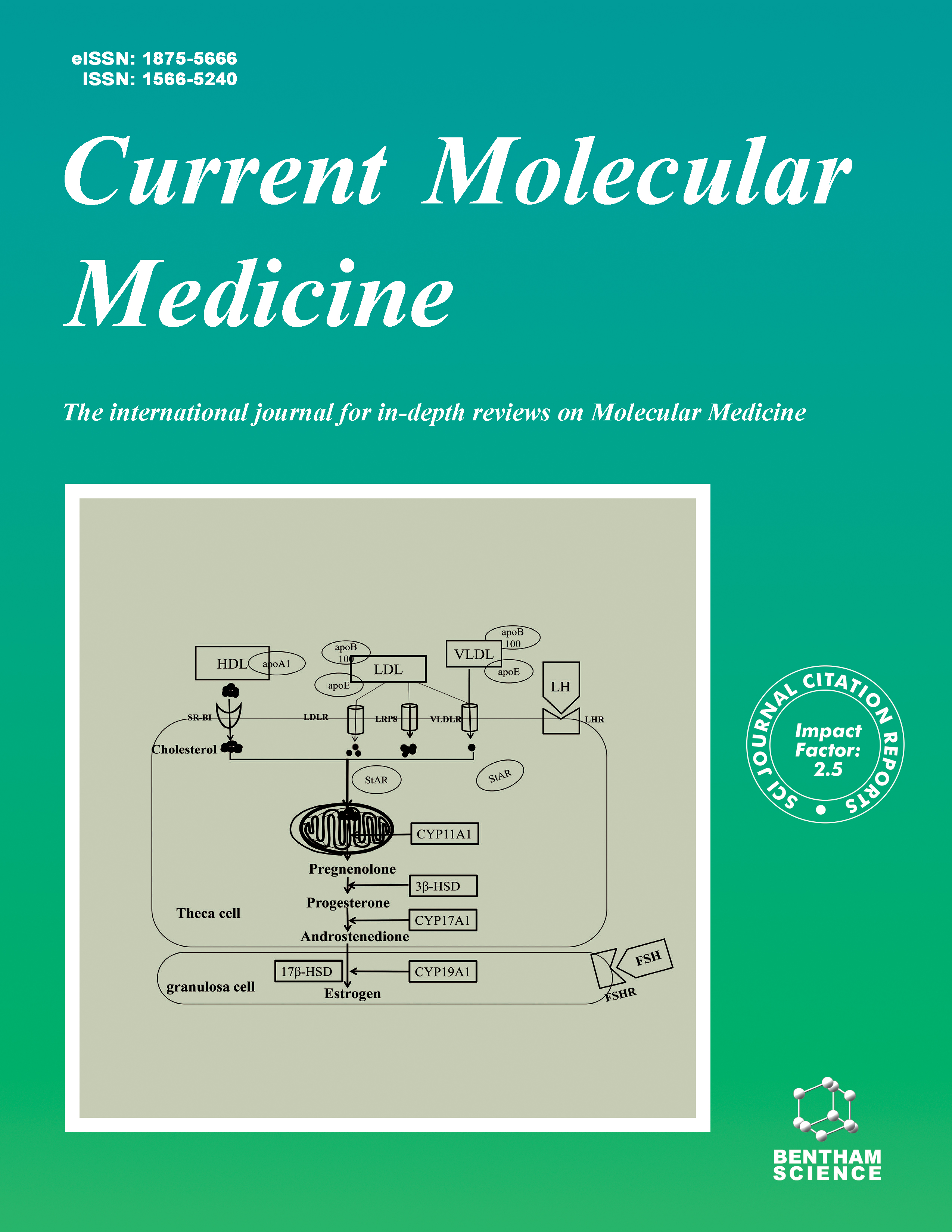
Full text loading...

Genistein is an isoflavone primarily extracted from soybeans and the Dyer’s broom (Genista tinctora L.). It has been extensively studied using various extraction methods and characterized via NMR for structural elucidation. Its pharmacological potential, mediated through interactions with multiple receptors and signalling pathways, has been validated through numerous preclinical studies globally.
To analyze the pharmaceutical profile of genistein using PASS software, we correlated it with existing literature, and evaluated its efficacy against various diseases. The study aims to explore the broad-spectrum potential of genistein as a lead compound against the various diseases such as cancer, cardiovascular disease (CVD), neurodegenerative and viral diseases.
It is a broad-spectrum drug that is effective against – cancer, heart associated diseases, neurodegenerative diseases and viral diseases. It is a potential anticancer drug that modulates apoptosis, cell cycle, metastasis, and regulates the cancer signalling pathways. Based on the compilation of reports from the literature reviews, it is effective against breast cancer (23%), neuroblastoma (12.77%), prostate and lung cancer (10.64%). Secondly, it has cardio protectant properties and supports cardiovascular health by improving endothelial function and lowering cholesterol. It is reported to be effective against cardiac dysfunction (38.46%), atherosclerosis (26.92%), and cardiotoxicity (15.39%). Thirdly, it offers various neuroprotective benefits in neurodegenerative diseases like Alzheimer's (69.84%) and Parkinson's (19.05%). Lastly, it was also reported to be effective against HSV (23.08%), HIV (23.08%) and HPV (15.39%) viral infections.
Genistein exhibits a wide range of therapeutic properties, including anticancer, cardioprotective, neuroprotective, and antiviral effects. It has shown notable efficacy in treating cancers such as breast, prostate, and lung, as well as neurodegenerative conditions like Alzheimer's and Parkinson's. Additionally, its benefits in improving cardiovascular health and combating viral infections further support its potential as a multifunctional therapeutic agent. Although genistein has a broad pharmacological spectrum, its clinical relevance is hampered by a suboptimal pharmacokinetic profile, such as poor bioavailability, rapid systemic clearance, extensive first-pass metabolism, and low aqueous solubility, which limit its therapeutic efficacy.
This systematic review highlights genistein’s pharmacological profile, demonstrating its efficacy against various diseases and its potential as a lead candidate for drug development in oncology, cardiovascular health, and neurodegenerative therapies. Thus, underscoring its potential, Genistein can be considered a versatile therapeutic agent.